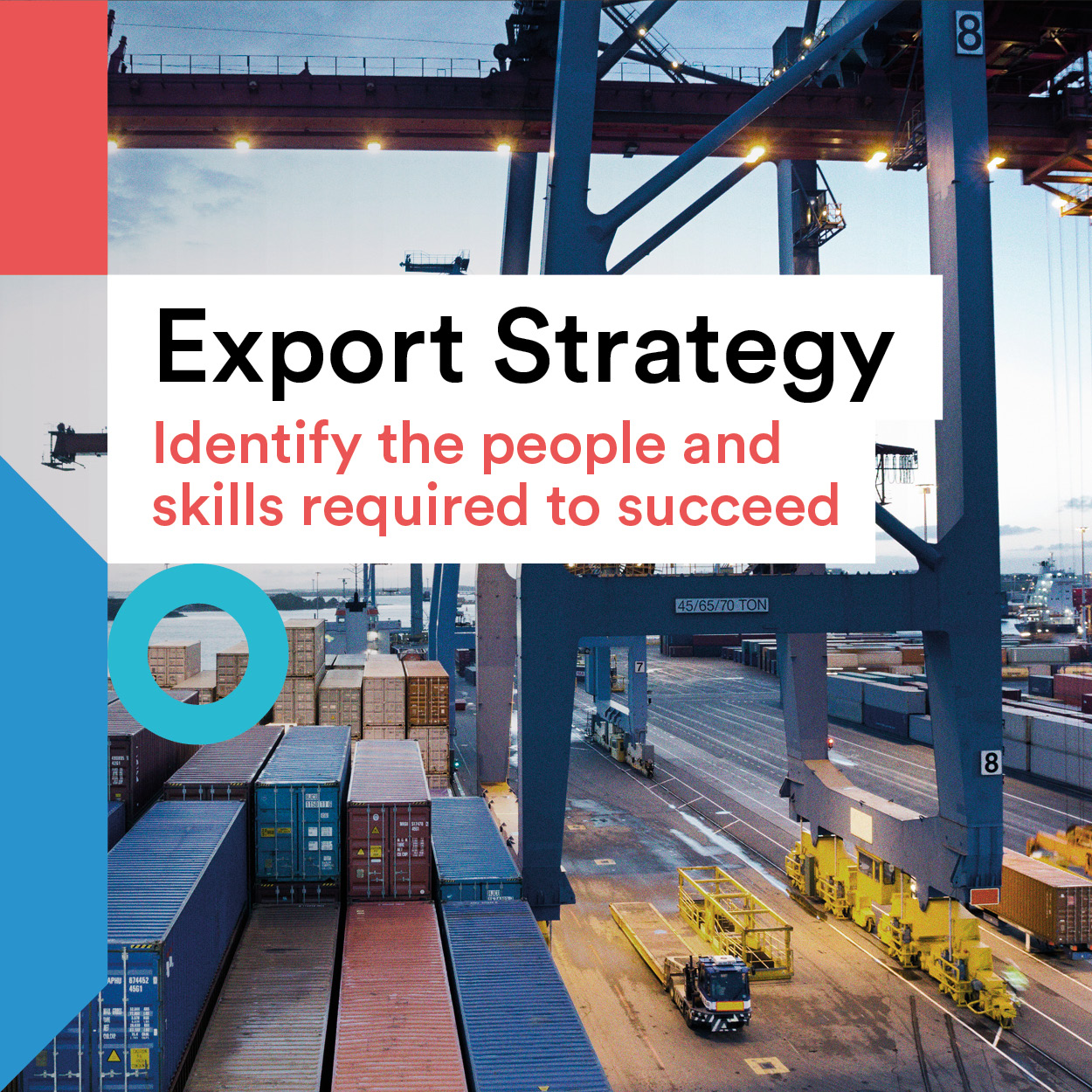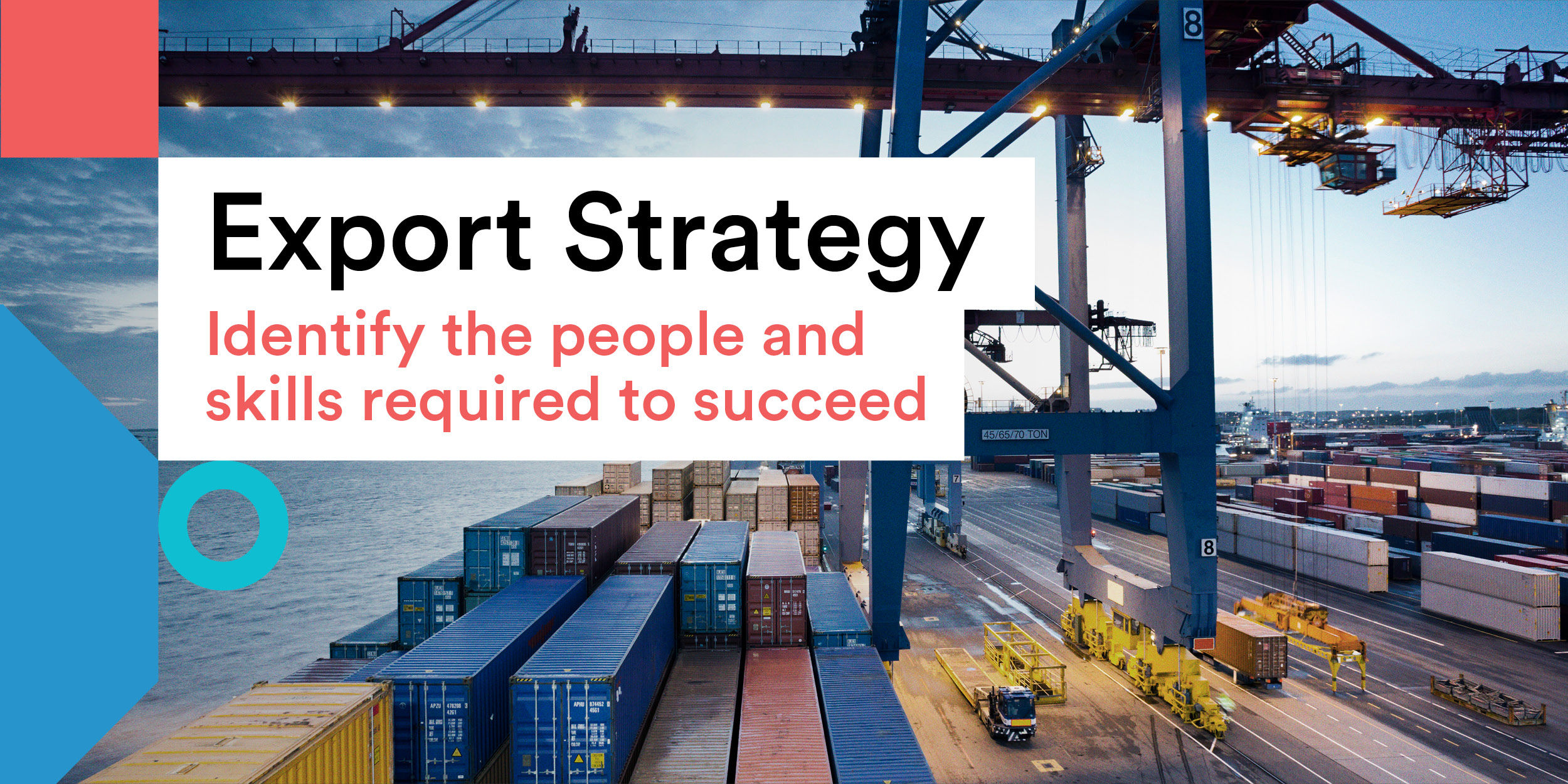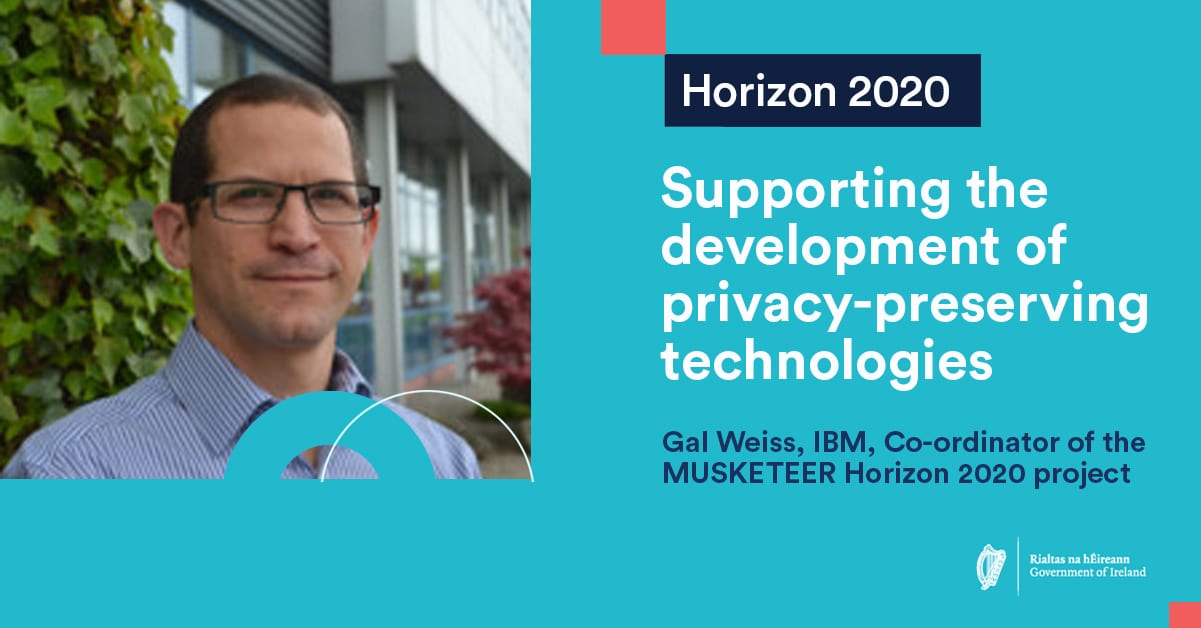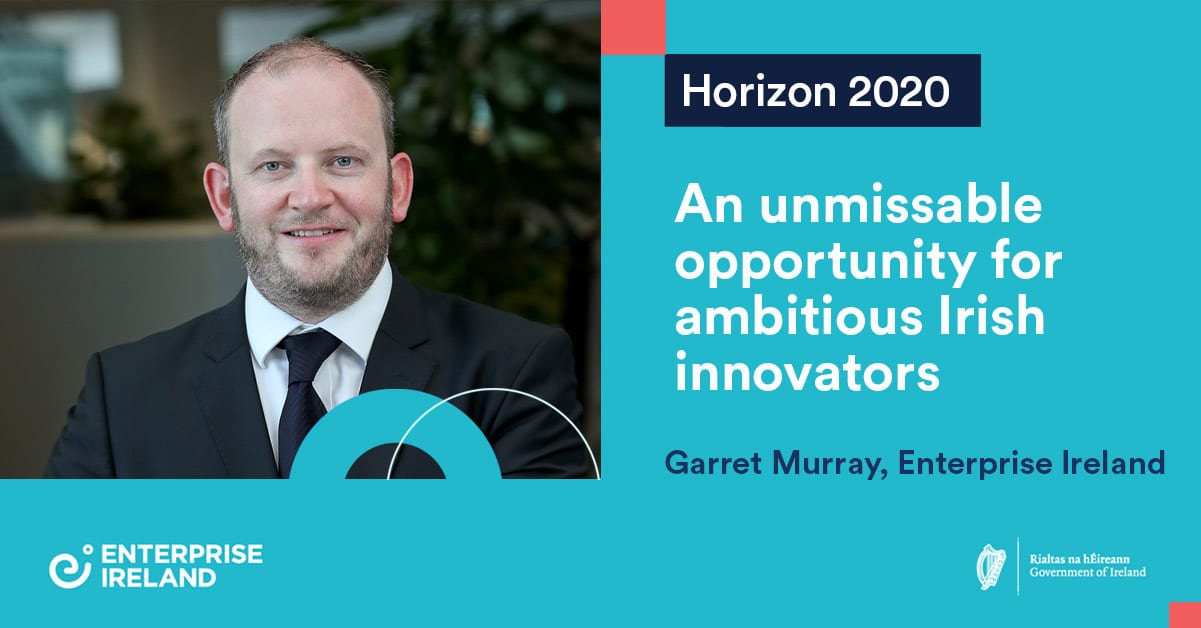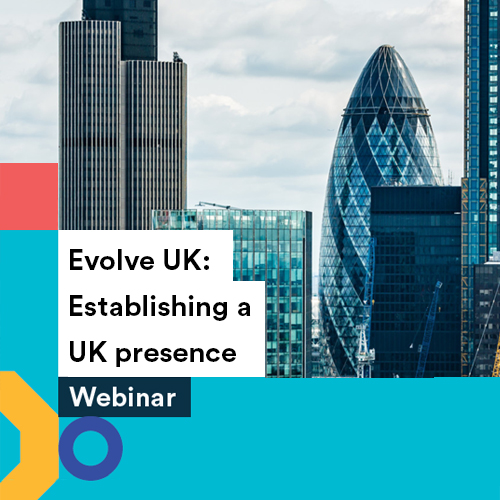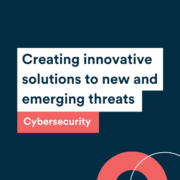SQUID: Enabling every business reap the rewards of a customer loyalty scheme through a handy app
At a time when business recovery is on everybody’s mind, winning the loyalty of customers and ensuring repeat business has never been so important. Exactly in the right place at the right time is a new Irish company with a unique product that allows businesses of all sizes implement an effective loyalty scheme for a small price each month.
Established by engineering graduates and best friends Katie Farrell and Matthew Coffey, and supported by Enterprise Ireland’s Competitive Start Fund, SQUID is an innovative loyalty app that is free for customers to download and can hold “virtual” loyalty cards for a range of businesses.
“It was something that a few people were talking about,” explains Katie. “For instance, for food delivery, you have Deliveroo, Just Eat and so on, but for loyalty, many businesses were still using swipe cards, paper cards or their own app. People tend not to want to sign up to too many loyalty schemes because they mightn’t want a load of cards or different accounts.”
The concept is simple so it’s no surprise that Katie and Matthew quickly found several businesses interested in their idea. “It’s a free app, and currently we have over 600 sites on it. We have about 60,000 people using it now.
“The business gets a small device that the customer simply taps with their phone and it adds a “stamp” to their virtual card for that business.” explains Farrell
This is the basic offering but we’ve added a lot more since then; for instance businesses can now reach out to their customers through push notifications. We’re also looking at doing more integrations as well, for example with food ordering and booking – so in other words, we’re looking at anything a business has to do to drive loyalty, and then we want to simplify it.”
Benefits for a small investment
The rewards to the business are significant, especially as the basic package costs just €20 per month. “The app is affordable, it’s free for the users, and it’s more eco-friendly than the printed cards. But people engage with it a lot more than with a paper cards. For instance, 91% of people that placed their first loyalty stamp with SQUID this year have gone on to make another purchase and get another loyalty stamp. And then there’s the ability to actually reach out to your customers as well. We also have a discovery page so you can find new businesses in your area.
“Each business has their own branded profile page with opening hours, location, social media links, menu etc, so it’s a way of finding new customers too.” says Farrell
Another key benefit is that the business doesn’t have to worry about GDPR. “The contact details and identity of individuals are hidden from the business owners, so they don’t know who they’re talking to or can’t contact them individually by name,” says Katie. “So in a way it saves the businesses the worry about GDPR and for the customer, they can simply turn off the push notifications if they don’t want to receive communications.”
Working through Covid
The app launched in October 2019, as Katie and Matthew had put together a small waiting list of customers who were interested in the scheme when they heard about it through SQUID’s initial market research. “We launched with the first five customers in September 2019,” explained Katie. “We decided to start small and grow from there as we were a small team, but we started getting a lot of interest and were onboarding people regularly until Covid hit.”
The beginning of the Covid-19 pandemic resulted in a significant shift in the company’s clients. “We began with a lot of city centre cafés and their customers would be office workers getting a coffee on their way to work. We could see a spike in the morning and then at lunchtime. But when people started working from home, that changed. We were worried at the start, but the café industry did recover and a lot of new places opened up in the suburbs.
“The lockdown gave us time to look at strategy and to market online through social media. To keep some sort of cashflow going, we also added a voucher market feature into the app so people could buy gift vouchers from the businesses they wanted to support during lockdown.”
SQUID had also won funding from Enterprise Ireland’s Competitive Start Fund (CSF), which allowed them to really establish the business before Covid hit and develop the app. Most significantly, Katie applied for the 2019 call for Women Entrepreneurs, which included a business accelerator programme that proved to be invaluable for the ongoing sustainability of the business during Covid.
“I applied for the CSF before we launched and had a waiting list of customers. We put a lot of work into the application and the pitch, and we got it. Before that we were self-funded, so getting the funds from the CSF was our first opportunity to do some more product development – to move it from being just a prototype to becoming an established business.
“I was part of the call for women entrepreneurs, which included participation in the Innovate programme. Each week we got to attend different workshops and talks from entrepreneurs and marketing experts. I found this great as I was able to meet other entrepreneurs who might be a little further along their path than me; I learnt a lot from the workshops and the various talks too. It was also great to get that day just to take a step back from the everyday challenges and work on the overall strategy of the business – I learnt a lot from this programme which definitely helped with the success of the business so far through a challenging time.”



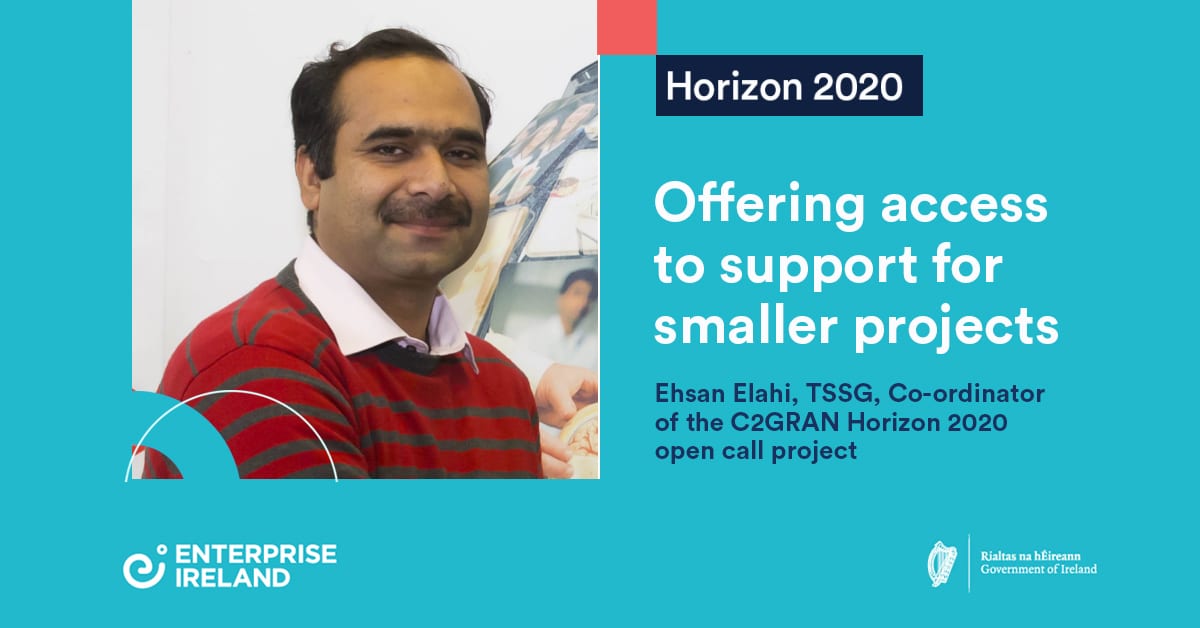





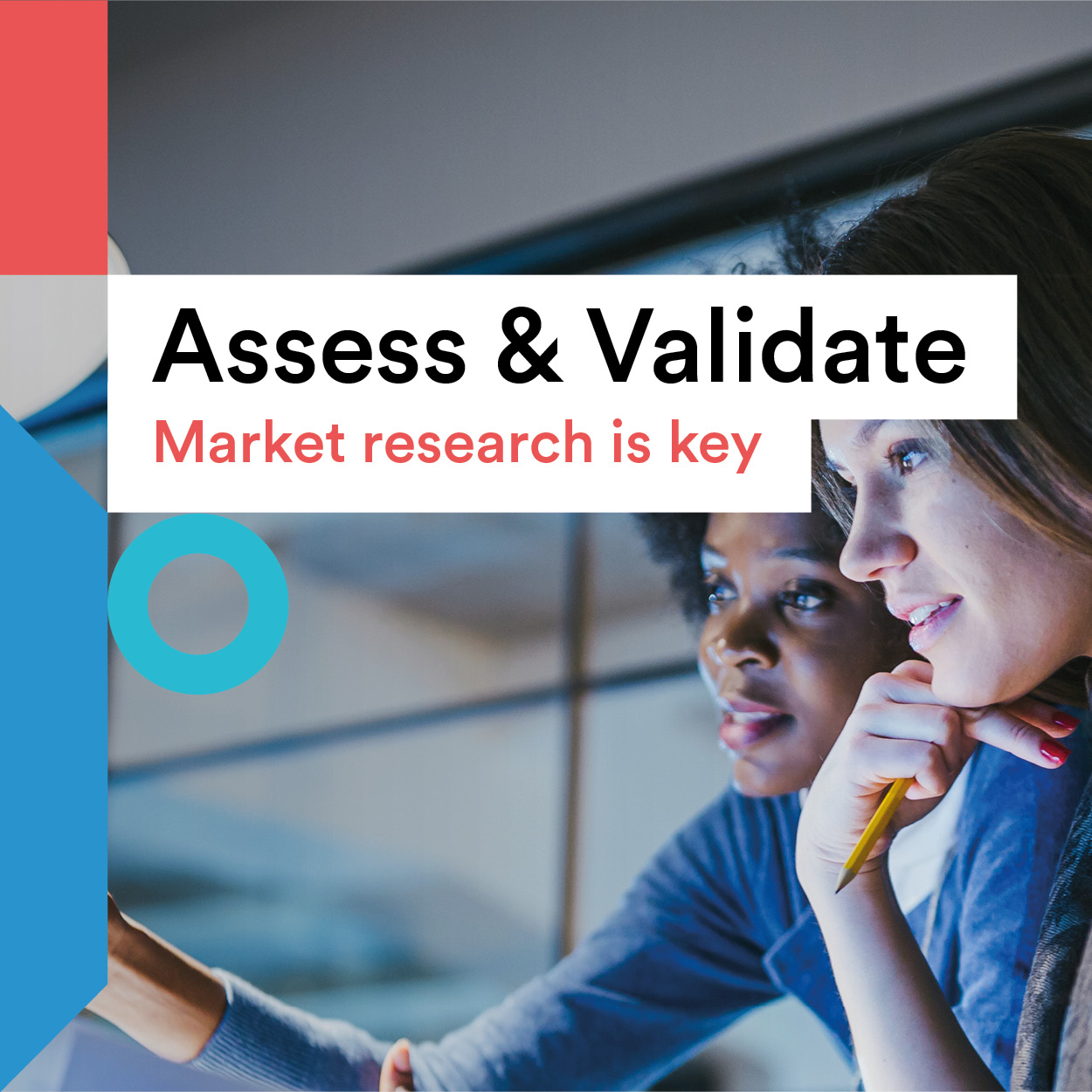






 You are now successfully exporting to your first market. Now begin to build on this success and grow your exports.
You are now successfully exporting to your first market. Now begin to build on this success and grow your exports.
